By Bhamy V. Shenoy, Founding President, Mysore Grahakara Parishat (MGP)
In just one year, Indore made an astounding leap from 25th to first rank in 2017, while Mysuru experienced a rapid decline from first rank in 2016 to 27th. Can Mysuru replicate Indore’s success? Here is a comprehensive and foolproof plan incorporating five strategies:
Community engagement: Engage every student in our city, from kindergarten to post-graduate levels, in initiatives to maintain cleanliness.
Citywide responsibility: Encourage every organisation, institution, NGO, Government Office, company, shopkeeper, religious institution and hospitality establishment to take ownership of keeping Mysuru clean.
Political oversight: Establish a high-level political committee comprising MP, MLAs, Mayor and former Mayors recognised for their contributions to cleanliness. Keep the committee focused and productive with a limited membership of 10.
Enforcement of laws: Prioritise enforcing the rule of law to implement various regulations impacting cleanliness.
Technical expertise: Create a high-level technical committee comprising experts to address every technical aspect crucial for maintaining cleanliness.
These strategies aim to mobilise the entire community, ensure effective governance and leverage technical expertise to revitalise Mysuru’s cleanliness efforts.
To involve students
Each school and college should establish a Clean Mysuru Committee, led by the head of the institution, with every student serving as a committee member. Educational institutions should form a Clean Mysuru Executive Committee, overseen by a dedicated teacher, committed to the goal of making Mysuru the cleanest city and willing to volunteer their time.
Every student must embrace the idea that maintaining a clean city is an individual responsibility. They should refrain from littering and take proactive steps like picking up garbage and encouraging others to do the same.
Schools can foster student engagement through various activities such as awarding prizes to outstanding participants, organising hackathons, hosting competitions, debates or any other innovative initiatives to involve Mysureans in the Clean Mysuru Campaign. To incentivise participation, students should be rewarded.
Importantly, these initiatives require minimal funds and time investment. What’s essential is the institution’s willingness to contribute to the Clean Mysuru Campaign. Prioritising the cleanliness of the school campus and its surroundings should be the primary focus.
To involve institutions
In Mysuru, there are many civic organisations, each of which should take the initiative. Every institution should take pride in contributing to this cause. From small shops to large companies, hotels, restaurants, kalyana mantaps, builders, temples, KSRTC, Railways, tourist vehicle companies and others should voluntarily participate. While adhering strictly to laws and regulations regarding plastic use and garbage handling, they should proactively engage without waiting for official support or mandates.
Government officials’ involvement is indispensable in this endeavour. We, the people, must encourage and recognise their efforts, especially when officials go beyond their duties, such as Dr. Kodira Kushalappa, who served as Forest Officer in Mysuru, setting a commendable example.
In a democracy, it’s crucial to involve elected leaders. While there may be concerns about political pressures, in non-controversial topics like the Clean Mysuru Campaign, we should strive to keep politics aside and seek their active participation. Projects such as debris handling, installing bio-gas plants, increasing the number of ‘safai mithras’ and allocating more funds for garbage collection and management require the active involvement of elected leaders.
A committee comprising former Mayors, elected representatives should be formed to recognise outstanding institutions and individuals contributing to city cleanliness. This committee should function independently of political influences, focusing solely on the noble cause of making Mysuru the cleanest city. Limiting the committee’s size to 10 members may pose a challenge, but it’s worth striving for in pursuit of this noble goal.
At the Ward-level, local Corporators should establish committees to ensure cleanliness, recruiting at least five volunteers from diverse backgrounds to regularly monitor and maintain cleanliness. Initiatives like prizes for the cleanest Ward should incentivise Corporators to prioritise cleanliness in their respective Wards.
To impose the rule of law
While we admire countries like Singapore for their governance, we overlook the strict adherence to the rule of law that underpins their success. No amount of education, capacity building, technology or expenditure will suffice to keep our city clean without the strict implementation of the rule of law.
Violating laws related to cleanliness must face consequences and any political interference should be exposed. Without absolute certainty in the rule of law, the idea of maintaining a clean city remains an illusion.
The success of cities like Indore, where people’s participation is lauded, is often attributed to the stringent enforcement of laws. Recent articles tracing Indore’s success highlight how the Commissioner imposed fines on violators. Can Mysuru City Corporation (MCC) adopt such stringent measures?
The need for a technical committee is paramount in today’s context. Garbage management has become highly technical, especially with the handling of hazardous hospital waste and electronic waste. To reduce landfill waste, sophisticated methods of waste segregation and handling are necessary.
In Mysuru, there is a lack of reliable data on the quantity and types of garbage generated daily. The outdated estimate of 500 tonnes of garbage generation, based on a population of 10 lakh, needs revision for the current population of 14 lakh.
A technical committee should accurately estimate total garbage generation and types, including household and debris waste, and develop plans to minimise waste generation, reduce plastic usage, and efficiently handle garbage.
Engaging engineering colleges in developing a unique ‘Mysuru Model’ and recruiting world-class environmental engineers with expertise in modern waste management are crucial steps for the effective functioning of the technical committee.
What next?
The MCC Commissioner must appoint a talented young environmental engineer to exclusively spearhead the implementation of the discussed strategies for the Clean Mysuru Campaign.
This professional should focus initially on engaging students, collaborating with engineering colleges to involve their environmental engineers, forming the political committee and coordinating with various associations and NGOs to develop their activities.
Simultaneously, civic organisations should take proactive steps to implement their strategies autonomously. They can establish coordination committees to facilitate widespread participation among Mysureans, utilising their considerable resources effectively.
To raise awareness and promote the Clean Mysuru Campaign, the expertise of publicity professionals should be sought to create impactful posters. Without the active involvement of every citizen in a committed manner, our vision of making Mysuru the cleanest city will remain a mere dream.
However, by successfully engaging every citizen, strictly enforcing the rule of law and leveraging top-notch technical expertise in waste management, we can transform Namma Mysuru into the cleanest city within three years.



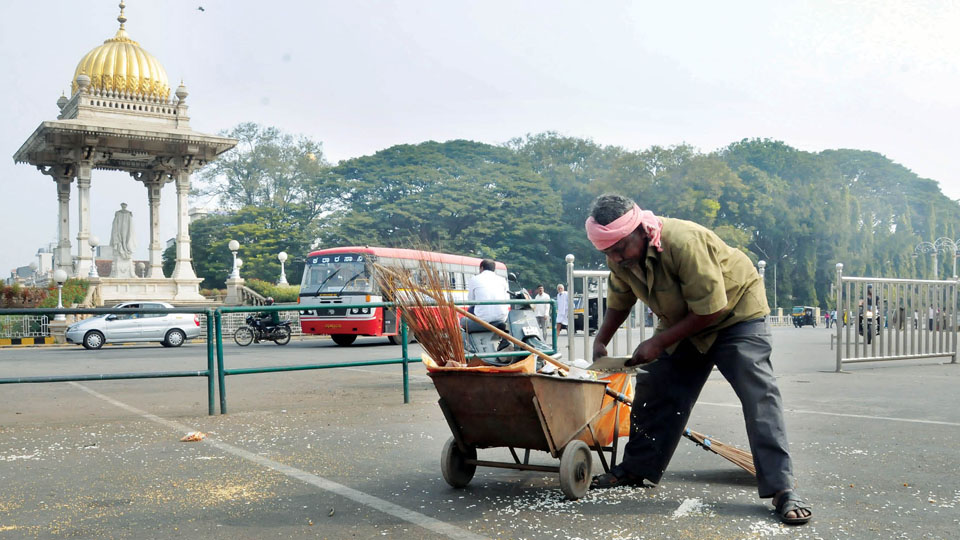
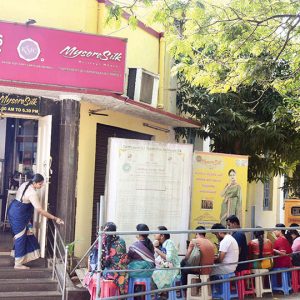
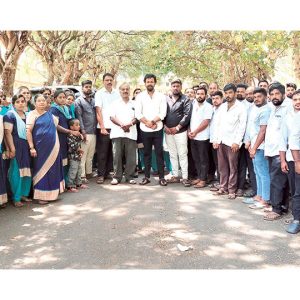
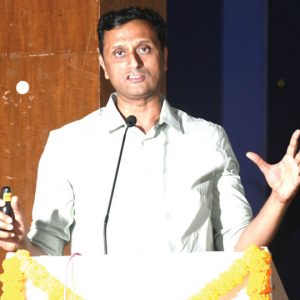
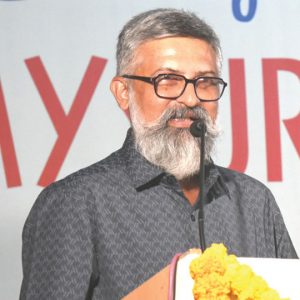
Recent Comments